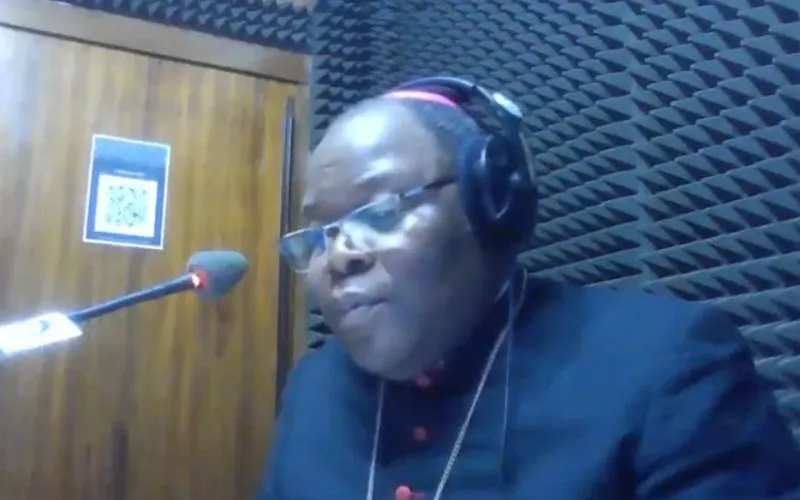Maputo, 23 November, 2024 / 8:41 pm (ACI Africa).
The Auxiliary Bishop of Mozambique’s Archdiocese of Maputo has encouraged the Church in the southern African country to continue being the “moderator and peacemaker” amid violence that has rocked the country following the country’s sharply contested October 9 general elections.
Speaking on Monday, November 18 during the “Biblical Journey” program of the Diocesan Commission for Social Communication of the Archdiocese, Bishop Osório Citora Afonso said, “The Church must not take sides but should be a moral and spiritual guide, helping to orient people’s consciences so that their choices reflect God’s will and the common good.”
“After an often polarized electoral period, the Church must act as a moderator and peacemaker,” Bishop Osório said.
He added, “Just as Jesus sat with someone of a different culture and religion (the Samaritan woman), the Church can mediate, build bridges between differing views, and always seek the common good and unity without compromising the truth of the Gospel.”
The Catholic Church leader said, “The Church's mission is to remain an active presence in society, without aligning itself with any political party or ideology. The Church has a broader, deeper, and more universal mission that transcends the political divisions and ideologies that so often fragment society.”








